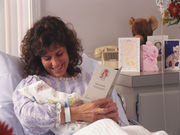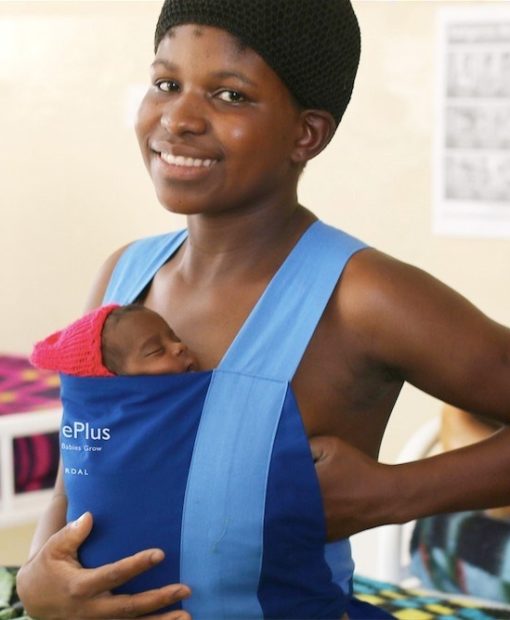
TUESDAY, Aug. 9, 2016 (HealthDay News) — The amount of fat in a pregnant woman’s diet may influence the mix of microbes in her baby’s gut, a new study suggests.
The community of gut microbes — known as the microbiome — can affect the development of a baby’s immune system and the ability to extract energy from food, the researchers said.
The study included more than 150 women who provided a record of their eating habits during pregnancy. The amount of fat in their diets ranged from 14 percent to 55 percent, with an average of 33 percent. The U.S. Institute of Medicine recommends 20 percent to 35 percent.
The gut microbiomes of babies born to mothers who ate a high-fat diet during pregnancy were different from those of babies whose mothers who did not.
Specifically, babies whose mothers ate a high-fat diet had fewer Bacteroides microbes in their guts, both at birth and several weeks after. Having fewer Bacteroides can affect immune system development and extraction of energy from food, according to the authors of the study published Aug. 8 in the journal Genome Medicine.
“We were surprised when we observed the association between fewer Bacteroides and a high-fat maternal diet during pregnancy,” said senior study author Dr. Kjersti Aagaard. She is an associate professor of obstetrics and gynecology at Baylor College of Medicine and Texas Children’s Hospital in Houston.
While the findings do not establish cause-and-effect, more study is needed to show whether changes in women’s diets have immediate and longer-term benefit for their babies, Aagaard added in a college news release.
“Diet is very amenable to change, and women are highly motivated to make healthy changes during pregnancy,” she said. “Traditionally, dietary interventions during pregnancy have focused on micronutrients, such as iron and folic acid. We speculate that there may be a sound argument to also discuss and estimate fat intake.”
More information
The American Academy of Family Physicians has more about eating during pregnancy.

 August 10, 2016
August 10, 2016




 May 19, 2018
May 19, 2018 




